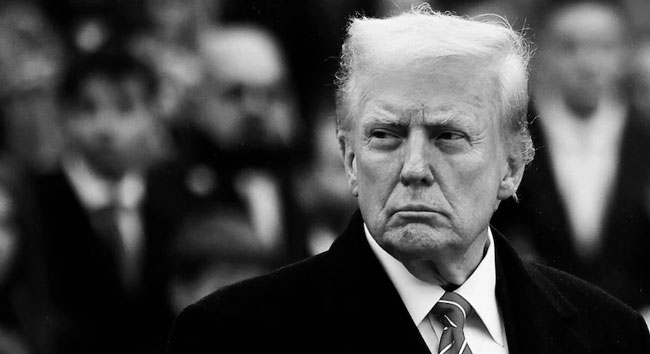Washington: U.S. President Donald Trump confirmed on Friday that he would “absolutely” impose tariffs on the European Union in the near future, adding to the trade measures already planned for China, Mexico, and Canada. His statement came as part of ongoing preparations for what many consider a major shift in U.S. trade policy under his administration.
During a brief interaction with reporters in the Oval Office, Trump was asked whether he intended to levy tariffs on the European Union. In response, he made it clear that he was not going to provide a politically-correct answer. Instead, he stated, “Absolutely,” emphasizing that the European Union had “treated us so terribly” in trade relations.
The U.S. President’s remarks reflect a growing tension between the U.S. and its European allies, with Trump previously accusing the EU of unfair trade practices and policies that he believes have harmed American industries. Trump’s administration has been particularly critical of the EU’s trade tariffs and what it views as a lack of reciprocity in trade deals.
Trump’s assertion comes at a time when his administration has already implemented or is in the process of introducing tariffs on a range of countries, including China, Canada, and Mexico. These trade measures are part of Trump’s “America First” trade agenda, aimed at protecting U.S. manufacturing and addressing what he views as trade imbalances with other global powers.
The proposed tariffs on the European Union could have significant ramifications for both the U.S. and European economies, particularly in sectors such as automotive, agriculture, and technology. The European Union has expressed concern over the potential impact of these tariffs and has warned that it may retaliate with its own trade measures if they are imposed.
As the situation evolves, many observers will be watching closely to see how these tensions unfold and whether any diplomatic efforts can prevent a full-scale trade war between the U.S. and the European Union.




